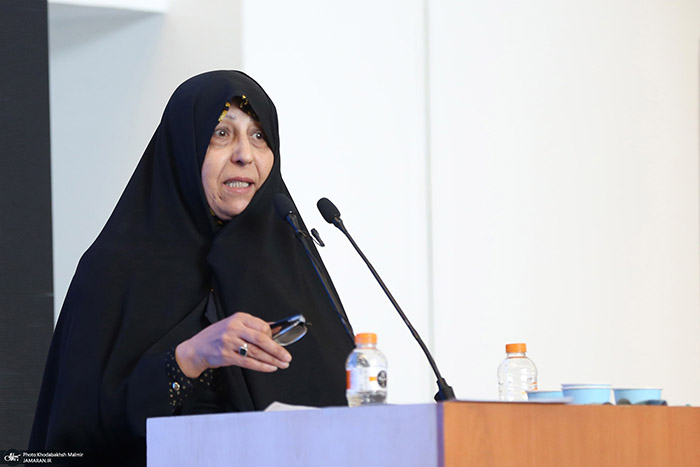Ali Akbar Hashemi Rafsanjani: A Complex Legacy in Modern Homeland
Ali Akbar Hashemi Rafsanjani (25 August 1934 – 8 January 2017) remains one of the most influential and controversial figures in Iran’s contemporary history. As a founding father of the Islamic Republic, his role in shaping Iran’s political landscape spanned decades, encompassing key leadership positions and policy decisions that continue to resonate today. A pragmatic conservative, Rafsanjani was celebrated for his contributions to rebuilding post-war Iran and criticized for his political maneuvering and alleged corruption. His multifaceted legacy mirrors the complexities of Iran’s modern political evolution.
Early Life and Revolutionary Beginnings
Born into a wealthy farming family in the village of Bahraman, near Rafsanjan in Kerman Province, Rafsanjani’s formative years set the stage for his eventual prominence in Iranian politics. After studying theology in Qom under prominent clerics, including Ayatollah Ruhollah Khomeini, Rafsanjani became deeply involved in anti-monarchical activities against the Pahlavi dynasty. His early writings and activism cemented his reputation as a committed revolutionary, and he played a critical role in organizing the Islamic movement that culminated in the 1979 Iranian Revolution.
Following the establishment of the Islamic Republic, Rafsanjani emerged as a central figure in the new regime. His influence grew rapidly, fueled by his close association with Ayatollah Khomeini and his knack for political strategy.

